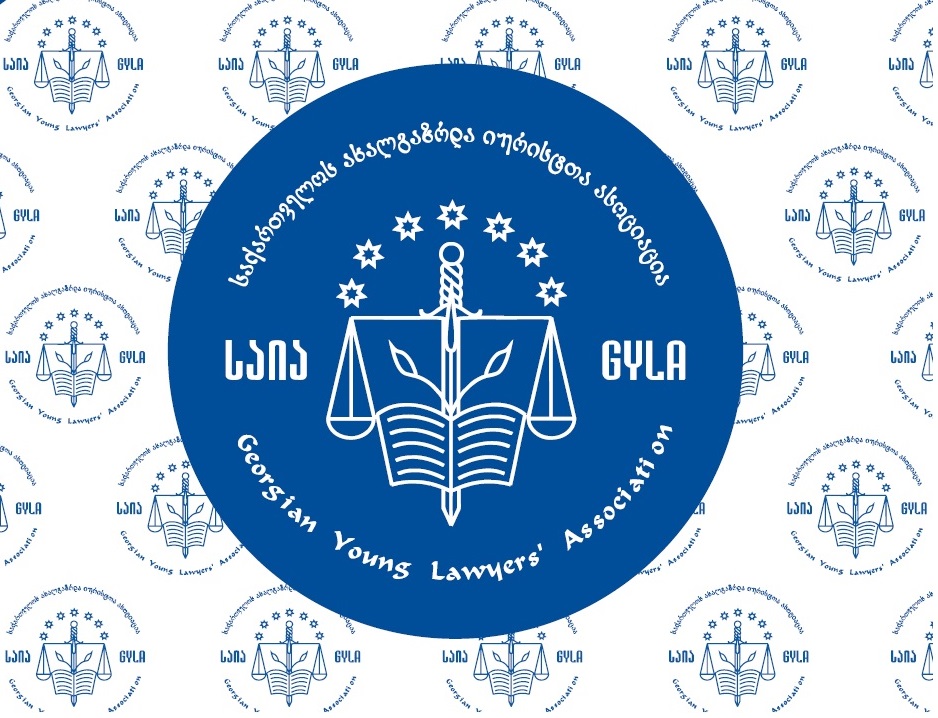


A new edition of Article 276 of the Criminal Code of Georgia enacted since April 1, 2019, envisages responsibility for driving under the influence of narcotic, psychotropic or new psychotropic substances and imposes a fine as a mean of sanction or imprisonment for up to one year.
It is noteworthy that clinical or laboratory conclusions determine whether the action envisaged by specific norms is committed under the influence of narcotic/psychotropic/new psychotropic substances, and in case of laboratory examination denial – the responsibility of identifying above noted lies only in the clinical conclusion.
The joint order[1] of the Ministers of Internal Affairs (MIA) and IDPs from the Occupied Territories, Labor, Health and Social Affairs of Georgia defined the rule of identifying the fact (in case if it is envisaged by the Criminal Code) of driving under the influence.
According to the order noted, if there is sufficient reason to assume that a person drives the vehicle under the influence of narcotic/psychotropic/new psychotropic substances, a police officer provides inspection with a portable narcotics scanner. If the fact of being under the influence of narcotic substance is confirmed, the police officer is authorized to present the driver for clinical or/and laboratory examination (chemical-toxicological) at the Forensic-Criminalistics Department (FCD) of the Ministry of Internal Affairs of Georgia (MIA). The field of expertise in the department noted is the biological material – saliva.
To emphasize, if the driver denies to be tested through the narcotics scanner, the police officer takes them to the Forensic-Criminalistics Department (FCD) to identify the influence of narcotic/psychotropic/new psychotropic substances, and if the driver refuses further clinical or/and laboratory (chemical-toxicological) expertise, the positive result shown on the narcotics scanner is considered to be the confirmation of clinical intoxication.
Relying on the order, the driver is entitled to demand keeping the control portion of the biological material (saliva) for one-month period, to conduct an alternative examination, at their own expense.
It is crucial to mention that Article 276 of the Criminal Code and the Joint Order of the Ministers fail in envisaging specific definition of how to consider the person being intoxicated through the portable narcotics scanner. For instance, the Code of Administrative Offenses considers the amount of ethanol in the blood of the driver over 0.3 per-mile as the state of alcohol intoxication. When the action imposes criminal liability, legislators are obliged to show special precision while defining the circumstances restricting human rights. An individual should be sent a clear message from the state to properly percept the norm, also determine which action is banned by the law and which might result in legal responsibility. An individual ought to have the opportunity to foresee the signs of prohibited action in their own behavior and act according[2] to the rules established by the legislation. It should also be noted that these criteria ought to be specified in the Criminal Code in the same manner as determined by the note 10th of the Article 116 of the Code of Administrative Offenses of Georgia, since the criminal nature of the action and liability should be established by the Criminal Code.
Besides, in the course of draft law consideration, GYLA believed that the liability for driving a mechanical vehicle under the influence of cannabis or marijuana and alcohol intoxication should be identically determined.
The Constitutional Court explained in its decision of July 30, 2018 that driving vehicles under the influence of marijuana is harmful, as well as driving under the alcohol intoxication. The Court had not defined which substance might cause more detriment at the given situation, however, from the general context of the conclusion, it is inadmissible to establish different approaches in this regard and we still believe that as with alcohol so with marijuana liabilities should be one and the same kind, and the classification of infraction whether it is criminal or administrative – is the discretionary authority of legislators.
On the grounds of above noted, the Criminal Code should determine criteria for predicting narcotic intoxication, as defined while identifying the state of alcohol intoxication.
[1] ,,Regarding the rules identifying the fact of use/influence of narcotic/psychotropic or/and new psychotropic substances.’’
[2] Decision №2/2/516,542 of the Constitutional Court of Georgia of May 14,2013 ,,Citizens of Georgia – Aleksandre Baramidze, Lasha Tugushi, Nakhtang Khmaladze and Vakhtang Maisaia vs. Parliament of Georgia’’, II, 30
ჯ. კახიძის #15, თბილისი, საქართველო, 0102 ; ტელ: (995 32) 95 23 53; ფაქსი: (995 32) 92 32 11; ელ-ფოსტა: gyla@gyla.ge; www.gyla.ge
15, J. Kakhidze str. 0102, Tbilisi, Georgia. Tel: (995 32) 95 23 53; Fax: (995 32) 92 32 11; E-mail: gyla@gyla.ge; www.gyla.ge